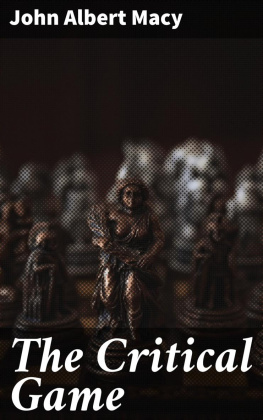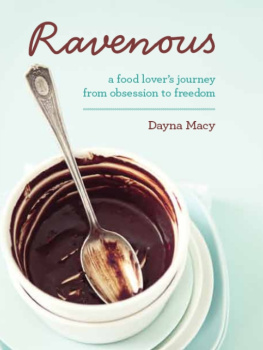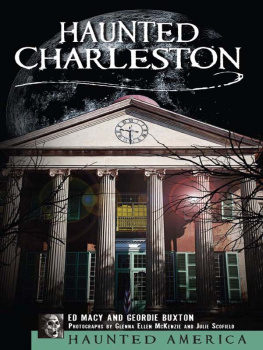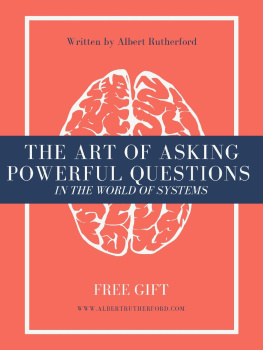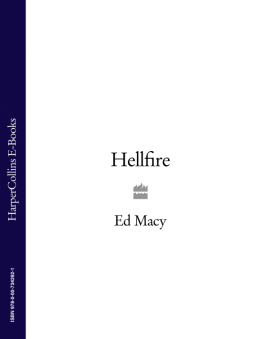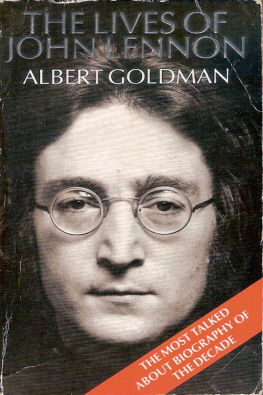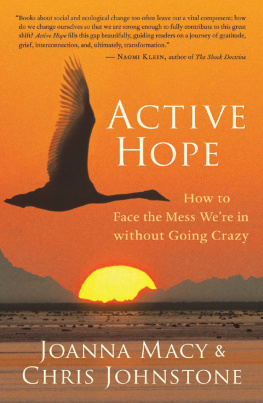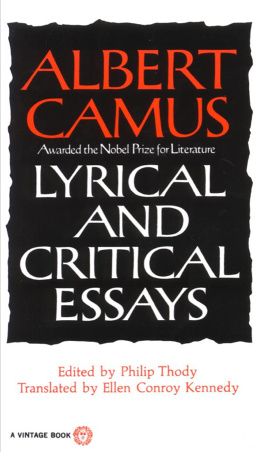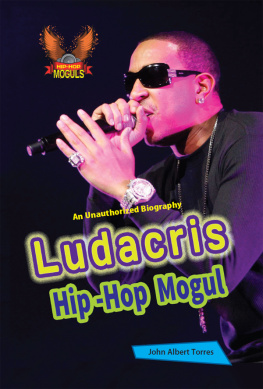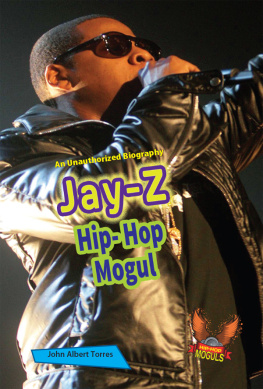Criticism is one form of the game of writing. It differs from other forms only as whist differs from poker and as tennis differs from golf. The motives are the same, the exercise of the player's brain and muscles, and the entertainment of the spectators, from whom, if the player be successful, he derives profit, livelihood, applause, and fame. The function of criticism at the present time, and at all times, is the function of all literature, to be wise, witty, eloquent, instructive, humourous, original, graceful, beautiful, provocative, irritating, persuasive. That is, it must possess some of the many merits that can be found in any type of literature; it must in some way be good writing. There is no other sound principle to be discovered in the treatises on the art of criticism or in fine examples of the art. Whether Charles Lamb writes about Shakespeare or Christ's Hospital or ears is of relatively slight importance compared with the question whether in one essay or another Lamb is at one of his incomparable best moments of inspiration.
Remy de Gourmont says, apropos Brunetire's views of Renan:
Contre l'opinion commune, la critique est peut-tre le plus subjectif de tous les genres littraires; c'est une confession perptuelle; en croyant analyser les uvres d'autrui, c'est soi-mme que l'on dvoile et que l'on expose au public voulant expliquer et contredire Renan, M. Brunetire s'est une fois de plus confess publiquement.
That is true, except that it may be doubted whether one type of literature is more subjective than another, since all types are subjective. Even a work that belongs, according to De Quincey's definition, to the literature of information as distinguished from the literature of power, even an article in an encyclopdia, an article, say, on Patagonia, has a man behind it; it cannot be quite objective and impersonal.
Criticism should not be set off too sharply from other forms of literary expression. It has no special rights, privileges, and authority; and at the same time it has no special disabilities that consign it to a secondary place in the divisions of literature. In any unit of art, a sonnet or an epic, a short story or a novel, a little review or a history of sthetics, a man is trying to say something. And the value of what he says must, of course, depend partly on the essential interest of his subject; but it depends to a greater extent on the skill with which he puts words together, creates interest in himself. Arnold's essay on Keats is less Keats than Arnold. It could not have been if Keats had not existed. But the beauty of that sequence of words, that essay in criticism, is due to the genius of Arnold. Francis Thompson on Shelley adds no cubit to the stature of Shelley, but Thompson's interpretation is a marvellous piece of poetic prose which cannot be deducted without enormous loss from the works of Thompson, from English criticism. We read Pater on Coleridge, not for Coleridge but for Pater, and we read Coleridge for Coleridge, not for Shakespeare. Thackeray's lecture on Swift, which is full of animosity and miscomprehension, is a well-written revelation of Thackeray. Trollope's book on Thackeray, which is full of friendship and admiration, is an ill-written revelation of Trollope.
Some men of great ability, like Trollope, who have written good books themselves, lack the faculty, whatever it may be, of writing in an entertaining fashion about the books of other men. Swinburne is a striking example. His knowledge of literature was immense, and he had the enthusiasms and contempts that make the critical impulse; but except when the poet in him seized the pen and made a passage of lyrical prose, his excursions into criticism are bewildering and difficult to read. His sonnets on Dickens, Lamb, and the Elizabethans are worth more than all his prose. On the other hand, Lamb, who wrote like an angel about the Elizabethan dramatists, failed completely as a dramatist.
Every man who plays with literature at all must be ambitious to succeed in some form of art that may be called "creative," as distinct from criticala distinction which, since Arnold taught us our lesson, we know does not exist. The reason for this ambition is plain enough. A novel or a play reaches a wider audience than a volume of essays, however admirable; it has a more obvious claim to originality, and it brings the author a greater degree of practical satisfaction. A few doubly or trebly gifted men, Dryden, Coleridge, Poe, Arnold, Pater, Henley, Stevenson, Henry James, could do first-rate work in more than one genre, including criticism. And a good case could be made out to prove that a man who knows how to handle words in many ways is on the whole the best qualified to comment on the art of handling words. However that may be, it is certain that in English literature a critic who is only a critic seldom wins a conspicuous position. Even Johnson was something more than a critic, and he was, with all due respect, somewhat less than a good one. And Hazlitt, who was a good one, wrote on many subjects besides books and art.
Because so many little people went into the business of reviewing and presumed to sit in judgment on their betters, criticism early got a bad name in English literature, and not all the dignified work of Arnold and others has yet succeeded in restoring the reputation of the word or the art. Criticism came to mean censure, a connotation which persists in current speech. The degeneration had already taken place in Dryden's time, and he protested that "they wholly mistake the nature of criticism who think that its business is principally to find fault." Authors of imaginative works became resentful and felt that the critic was an enemy, a nasty and incompetent enemy, as indeed he often was. An interesting compilation could be madeand probably Saintsbury or somebody else has done itof the retorts and counter-attacks made by writers of other things than criticism against the whole critical crew. Here are a few examples:
Gentle Jane Austen in "Northanger Abbey" amusingly defends her heroine's habit of reading novels:
I will not adopt that ungenerous and impolitic custom, so common with novel writers, of degrading, by their contemptuous censure, the very performances to the number of which they are themselves adding if the heroine of one novel be not patronized by the heroine of another, from whom can she expect protection and regard? Let us leave it to the Reviewers to abuse such effusions of fancy at their leisure, and over every new novel to talk in threadbare strains of the trash with which the press now groans.
That sounds as if Miss Austen's pride in her craft had been wounded. I know of no record that anybody ever spoke ill of her while she was living.
Scott, whose generous soul was hurt by the harsh squabbles of the Scottish reviewers, took a shot at the tribe in the letter which appears in the introductory note to "The Lay of the Last Minstrel" in the Cambridge edition:


